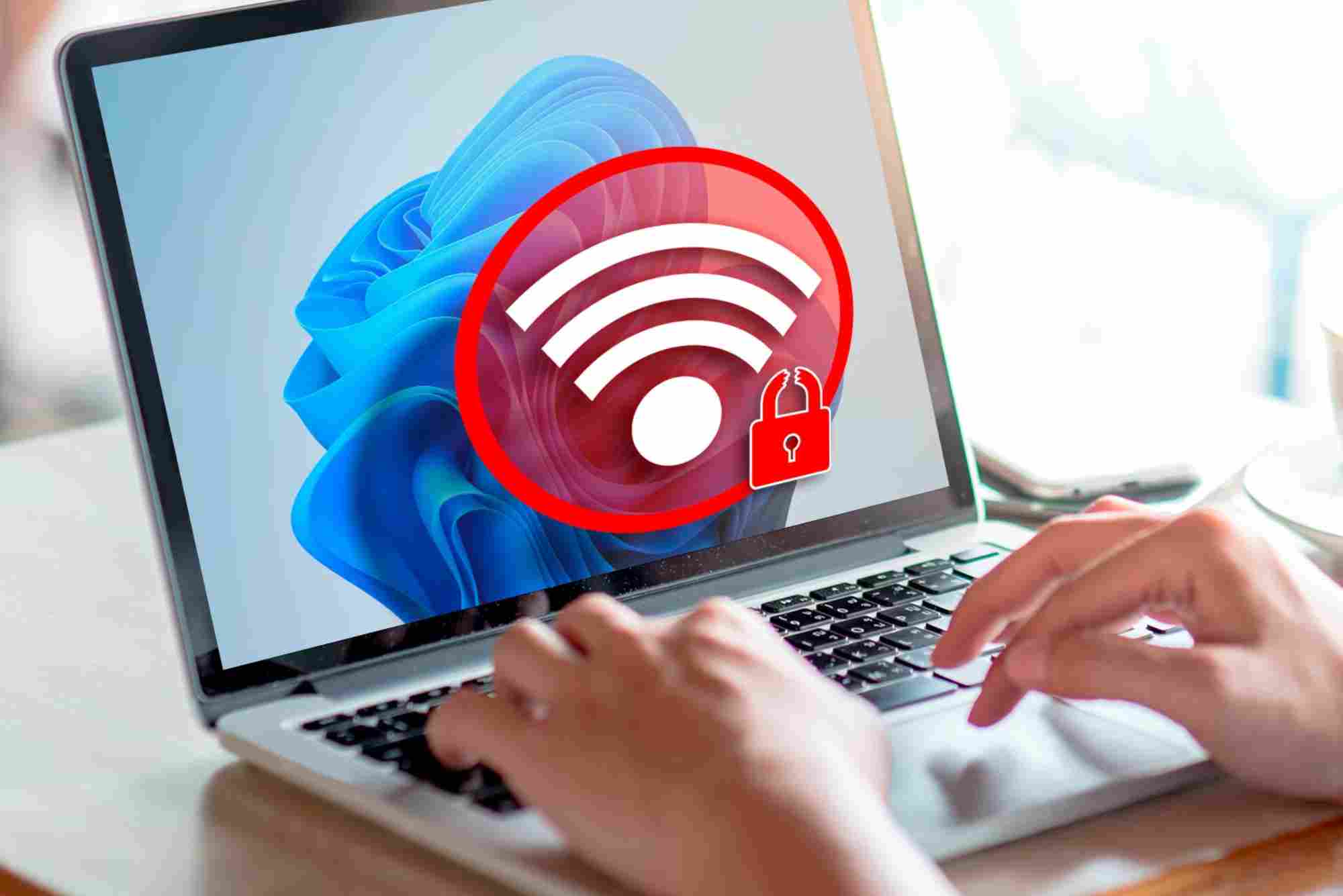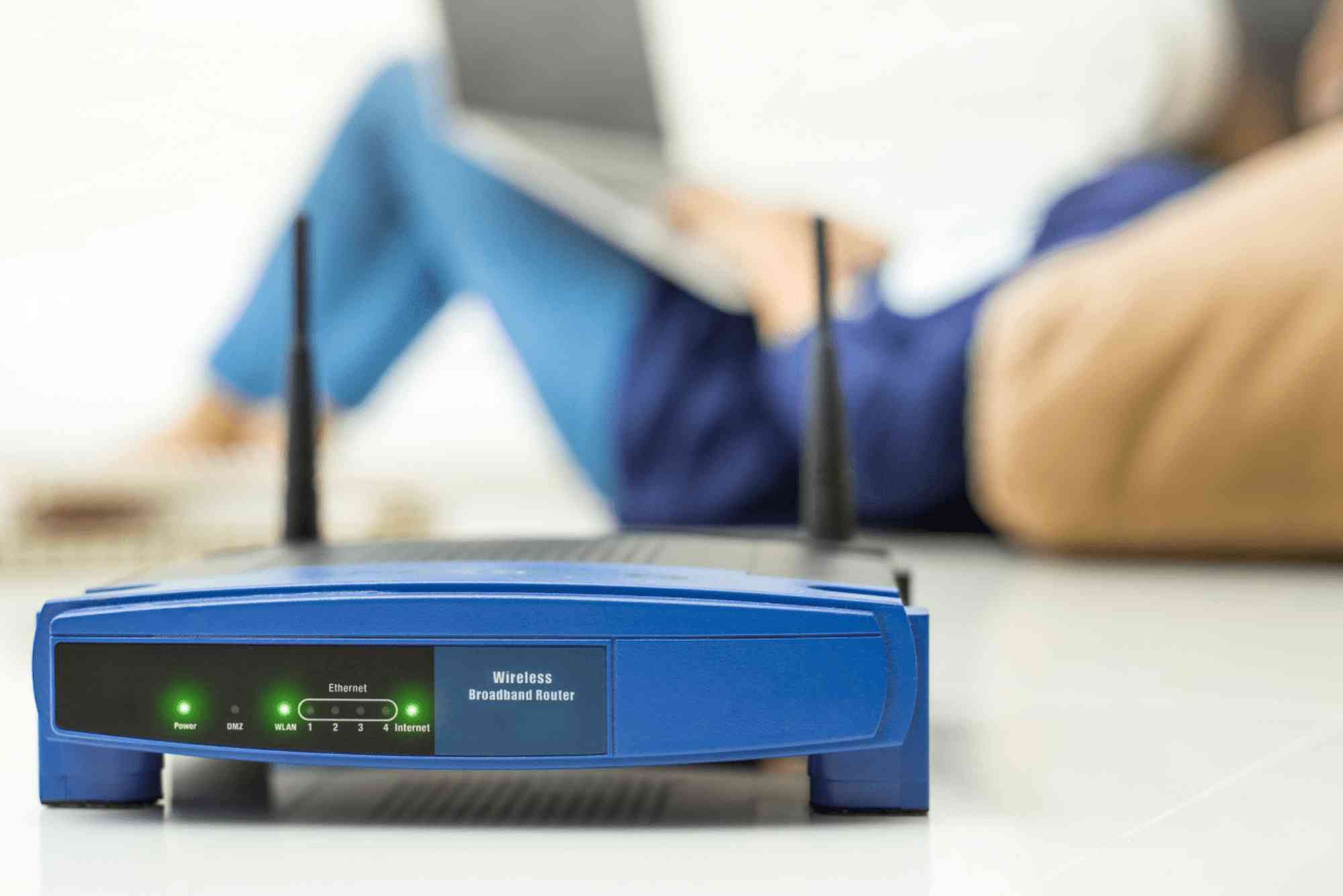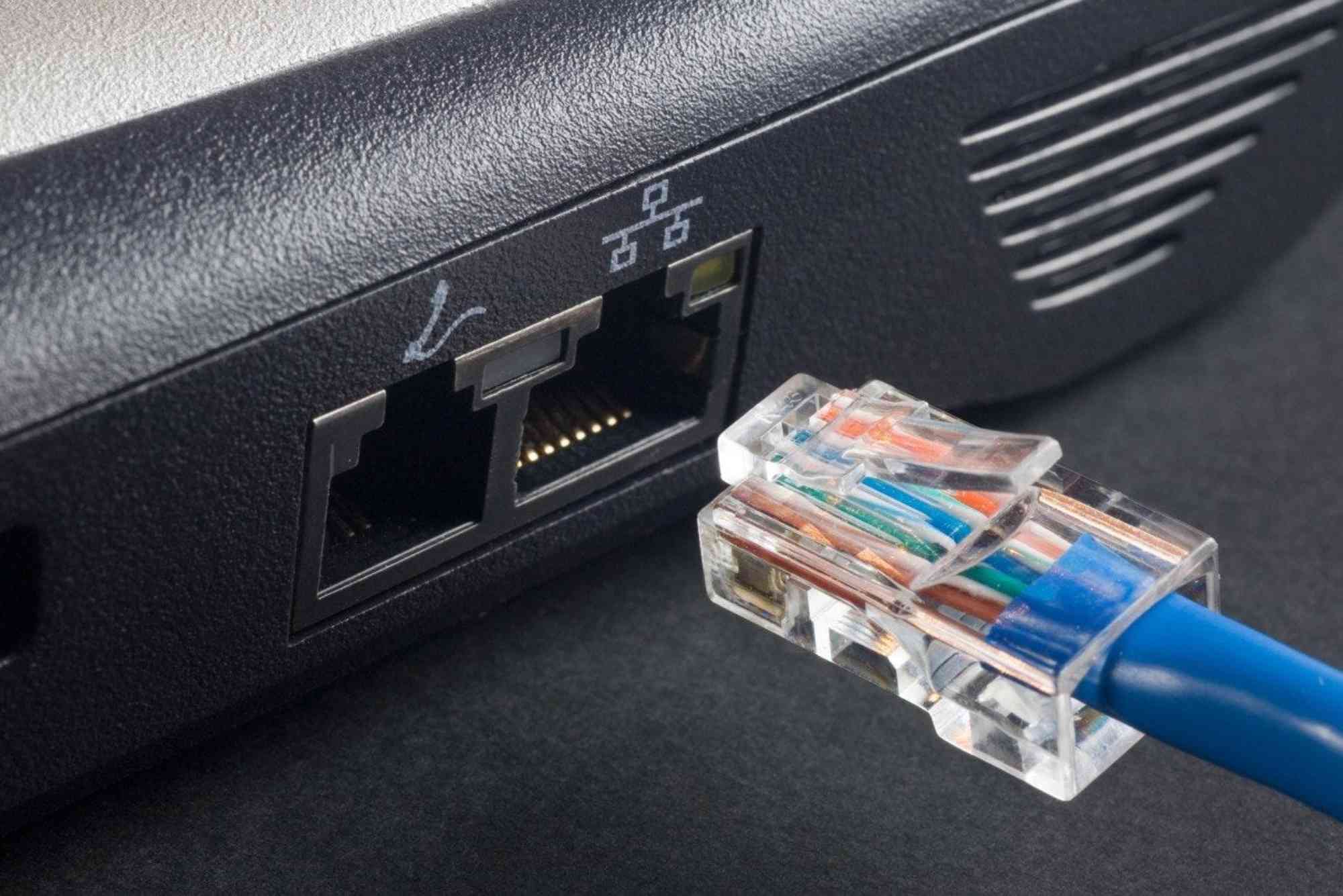Introduction
If you have ever asked yourself, “VPN slowing internet speed?” you’re not alone. Many people in Mountain View and beyond turn to VPNs for privacy and security but are surprised to see their connection speed drop. A Virtual Private Network encrypts your traffic and routes it through secure servers, which naturally adds steps to your online journey. This article explains why VPN slows down your internet, how to fix it, and how to enjoy both privacy and performance.
How VPNs Affect Your Internet Speed
VPN technology works by encrypting your data and routing it through remote servers. This creates a protective tunnel but can also introduce latency. Understanding the mechanics helps you troubleshoot slow connections more effectively.
Encryption Overhead
Every VPN adds encryption to your internet traffic. While essential for security, this process requires extra computing power and time, reducing your connection speed. Stronger encryption protocols like OpenVPN or WireGuard tend to be more secure but can sometimes slow data transfer.
Server Distance and Location
The farther the VPN server is from your physical location, the longer it takes for data packets to travel. For instance, a user in Mountain View connecting to a server in Europe will experience more latency than someone connecting to a nearby California server. Choosing a server closer to you can significantly improve speeds.
Server Congestion
Popular VPN servers may become overloaded, especially during peak hours. The more users sharing the same server, the slower the speeds become. This is similar to rush-hour traffic — too many cars on one road cause bottlenecks.
Bandwidth Throttling by ISPs
Sometimes your Internet Service Provider (ISP) may throttle bandwidth when it detects VPN usage. Although rare, some ISPs limit high-volume encrypted traffic. Understanding your ISP’s policies helps you choose the best VPN settings.
How to Fix VPN Speed Issues
The good news is you can address most VPN speed issues. Below are proven tips that help you maintain both privacy and performance.
Choose the Right VPN Server
Always pick a server geographically closer to your actual location. If you’re in Mountain View, select a West Coast server for optimal speed. This reduces latency and packet loss.
Switch VPN Protocols
Modern protocols like WireGuard and IKEv2/IPSec are faster and more efficient than older ones like PPTP or L2TP. Switching protocols in your VPN app can provide an immediate speed boost without sacrificing security.
Upgrade Your Internet Plan
Sometimes the issue isn’t the VPN but the underlying connection. If your base speed is low, encryption overhead will make it feel worse. Consider upgrading your plan or consulting providers like Dhanote Internet Services for reliable broadband solutions.
Use a Wired Connection
Wi-Fi interference can slow your connection before it even reaches the VPN. Using an Ethernet cable can deliver more stable and faster speeds, especially when streaming or gaming.
Split Tunneling
Split tunneling allows you to choose which apps use the VPN tunnel and which go directly to the internet. This reduces congestion and improves speeds for low-risk activities like streaming while keeping sensitive tasks protected.
Keep Your Device Updated
Outdated operating systems or VPN apps can lead to slower performance. Make sure your device drivers and VPN client are up to date to take advantage of the latest performance optimizations.
Orange Theory Mountain View & VPN Performance
If you frequent places like Orange Theory Mountain View, public Wi-Fi networks are common. VPN usage on public Wi-Fi protects your data but may feel slower due to shared bandwidth. In such cases, choosing a nearby VPN server or switching to cellular data temporarily can improve speed while still maintaining security.
Advanced Tips for VPN Speed Optimization
Use DNS Servers Optimized for Speed
Default DNS servers may slow down your browsing. Switching to faster DNS providers, often built into VPN apps, can reduce lookup times and improve overall speed.
Disable Unnecessary Background Apps
Running multiple high-bandwidth apps drains your available bandwidth. Close unnecessary tabs, pause large downloads, and restrict background syncing while connected to your VPN.
Try Multiple VPN Providers
Not all VPNs are built the same. Testing different providers and reading independent speed reviews can help you find a service with servers optimized for speed and reliability.
Frequently Asked Questions
Why does VPN slow down my internet?
A VPN encrypts your data and routes it through remote servers. This extra step increases latency and can reduce speed.
How much speed loss is normal with VPN?
A small drop of 10–20% is normal. Anything higher indicates issues like server congestion, poor protocol choice, or ISP throttling.
Does using a VPN improve gaming performance?
Not directly. A VPN may reduce ping if your ISP routes traffic inefficiently, but usually, it increases latency. Choose nearby servers for the best result.
Can I watch streaming services faster with VPN?
Yes and no. A VPN may bypass throttling or geo-blocks but can slow down speeds if servers are overcrowded or far away.
What’s the fastest VPN protocol?
WireGuard is currently considered one of the fastest and most secure protocols available for consumer VPNs.
VPNs are essential tools for privacy and security, but they can slow down your internet speed if not configured correctly. By understanding why VPN slows your internet and applying the tips above, you can enjoy both speed and security.
If you’re looking for reliable connectivity that complements VPN use, consider Dhanote Internet Services for fast, secure internet plans. Don’t let slow connections stop you — optimize your VPN today and browse with confidence.







